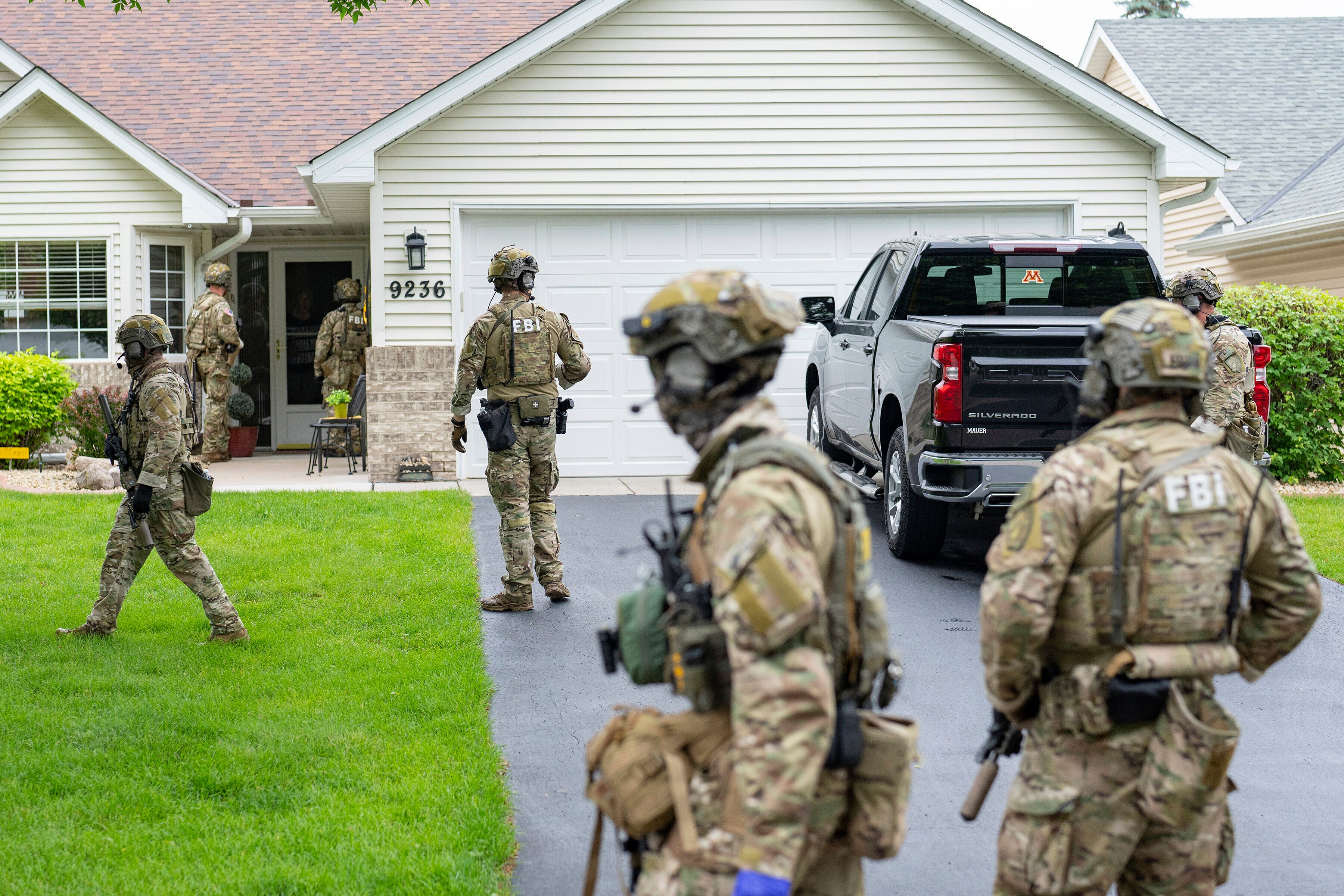Anger and fear as Turkey takes a "step backward" in preventing violence against women
Istanbul — Despite cold and rain, anger drove hundreds of Turkish women onto one of Istanbul's busy squares over the weekend to urge Turkey's President Recep Tayyip Erdogan to reverse his decision to withdraw from a European treaty on fighting violence against women.
"We won't shut up, we won't obey" the protesters chanted. Many carried photos of women who have been killed by men — faces of a domestic violence epidemic in Turkey that many fear could be poised to get even worse.
"We are disappointed. We've realized our lives have no value," one young woman at the protest, who didn't want to give her name, told CBS News.
"I am very scared, and I don't feel safe," cried another woman. "We want our rights to be secured by law."
In an unusual move, Erdogan published a decree at 2 a.m. on Saturday announcing that his government was pulling Turkey out of the treaty commonly known as the Istanbul Convention. The treaty provides a legal framework meant to prevent violence and discrimination against women, and in 2012 Turkey became the first of more than 30 nations to ratify it.
The legally-binding pact characterizes violence against women as a human rights violation and requires countries to take measures to prevent such violence, protect victims and prosecute perpetrators. States that are party to the treaty are compelled to criminalize a wide variety of offenses, such as rape, stalking and sexual harassment.
Erdogan's decision to withdrawal from the pact, formally called the Council of Europe Convention on Preventing and Combating Violence Against Women and Domestic Violence, comes after a decade of rising figures of women being killed in the country. Government figures show that 266 women were killed last year alone, but some women's rights groups say the real figure is at least 300.
A "step backward"
Erdogan's decision to pull out of the treaty was condemned not only in Turkey, but around the globe. The Council of Europe called it "a huge setback" made "all the more deplorable because it compromises the protection of women in Turkey, across Europe and beyond."
President Joe Biden issued a statement calling the withdrawal "deeply disappointing," and "a disheartening step backward for the international movement to end violence against women globally."
But conservative Islamist groups in Turkey have long criticized the treaty, arguing that it undermines the country's traditional family values.
Erdogan's critics see in the withdrawal an attempt to please his Islamic hardliner base, and to consolidate his power in the face of his waning popularity.
In a statement posted by Turkey's Directorate of Communications, Erdogan's government defended the withdrawal by claiming the treaty had been hijacked by "a group of people attempting to normalize homosexuality"
Homosexuality, the directorate said in a statement certain to deepen fears of the LGBTQ community in the country, was "incompatible with Turkey's social and family values."
In an attempt to address the rampant criticism of the move, the ruling Justice and Development Party's deputy leader, Fatma Betul Sayan Kaya, said the government was working on a new initiative dubbed the Ankara Convention, which she said would "prioritize our values."
A double standard
Meanwhile, domestic violence cases continue to dominate the headlines in Turkey.
Melek Ipek shot her husband of 12 years after purportedly enduring hourslong torture sessions at his hands. Police found Ipek naked and handcuffed, with signs of beating on her body when they arrived at the scene of the shooting on January 9 this year, according to local media reports.
"Often he did not need a reason to beat me. Sometimes he beat me because he had a dream about me leaving him," Ipek told a court — where she is still on trial and facing a possible life sentence for the "premeditated murder" of her own alleged abuser.
Her lawyer is arguing self-defense and demanding full acquittal.
Women's rights groups often criticize what they say is a double standard in Turkey's justice system: Men convicted of domestic violence and even femicide are often handed relatively short sentences. In one recent case, a man was given a life sentence after killing his wife, but the sentence was later reduced to 15 years in prison, with the judge citing his "good behavior" in court.
"There aren't that many laws protecting women in Turkey," Gulsum Kav, founder of the We Will Stop Femicides organization, told CBS News, warning that the government's withdrawal from the European convention risked even the few protections on the books being erased.
"Withdrawing from this convention is a travesty. There are women out there whose life was saved thanks to this convention," Kav said.
She urged the government to return to the treaty "immediately," before abusers take courage in the move.
Since the withdrawal was announced, women's rights groups have called for daily protests across Turkey, vowing to force the government to reverse its decision.
If you are a survivor or victim in the U.S. and it is an emergency, dial 911. Other resources include: The National Domestic Violence Hotline at 1-800-799-SAFE, or text LOVEIS to 22522. If you need help in Turkey, you can call (0212) 656 96 96 or 0549 656 96 96.







